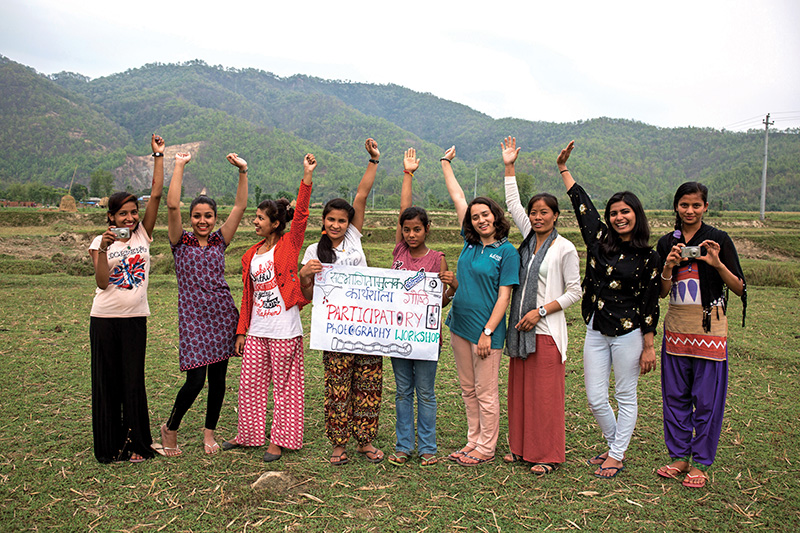National Dignified Menstruation Day observed
Kathmandu, May 28
The government for the first time celebrated National Dignified Menstruation Day by organising a special programme here today to promote menstruation dignity.
Menstruation remains a taboo, and it is rarely discussed. The government, therefore, has taken the initiative to raise awareness about menstruation hygiene so that women can be saved from infections and inflammation of the reproductive organ.
The day was also celebrated to help women maintain menstruation hygiene and end the stigma related to menstruation in the country. It also aimed to make people aware about menstruation hygiene management.
Health practitioners at the event shed light on how women in the country were deprived of their rights because of the taboos associated with menstruation. “Girls and women in the western part of the country are forced to live in sheds during menstruation. They are deprived of education as they are unable to attend school during their periods as the schools lack toilets, water and other sanitary items,” said Radha Poudel, a social activist.
A research conducted by UNICEF in 2016 in 12 schools of Achham, Bajura and Parsa districts showed that 96 per cent of girls in Achham and 98 per cent of girls in Bajura were not allowed to enter the kitchen and cook food while this data was only 28 per cent in Parsa.
The speakers at the event pledged to help solve all kind of problems girls have to face due to menstruation. “To end the social problems, I will take initiatives to make new laws and policies,” said Krishna Bahadur Mahara, speaker of the House of the Representatives.
Minister for Education Giri Raj Mani Pokharel said that the ministry was committed to provide women-friendly toilets in all the schools across the country. “The ministry will also take initiatives to include reproductive health education and menstruation in the new curriculum,” he added.
Minister for Water Supply Bina Magar said, “We are talking about economic prosperity and equality in the country but the taboos related with menstruation still prevail in the country.”






